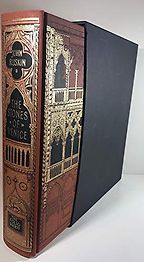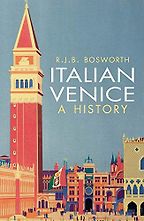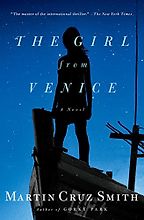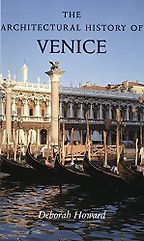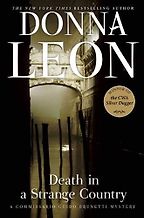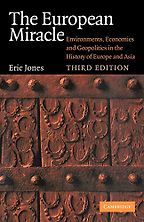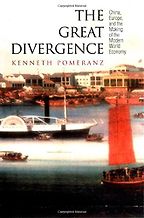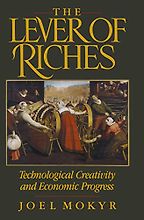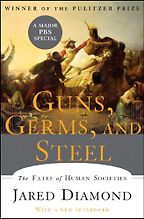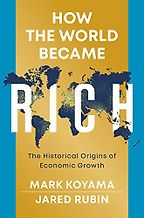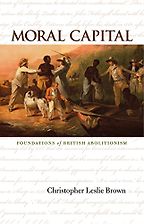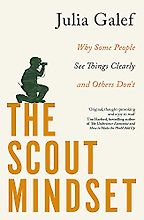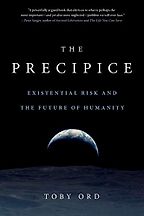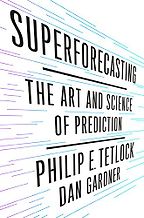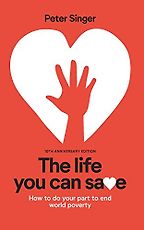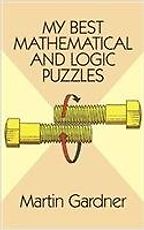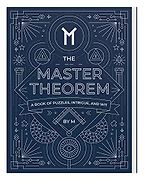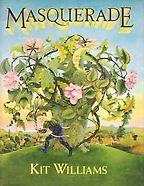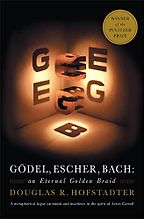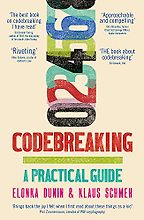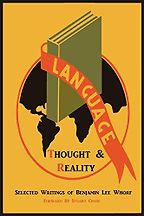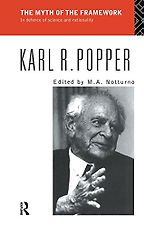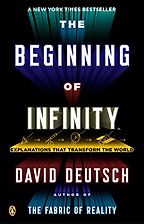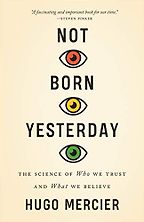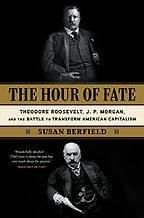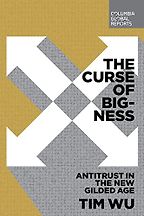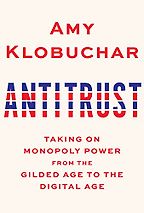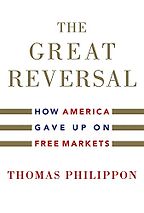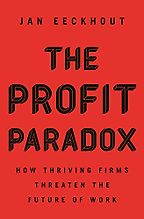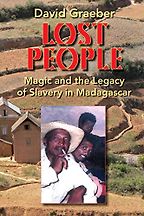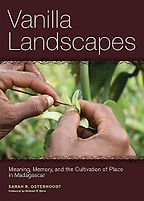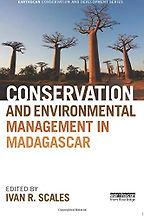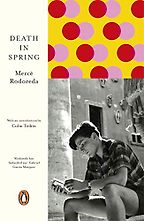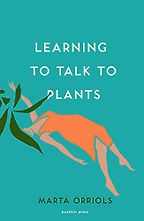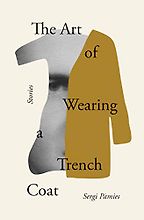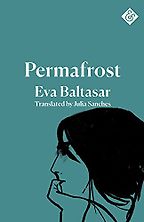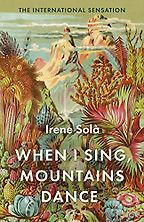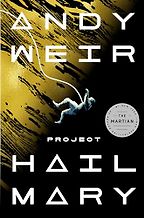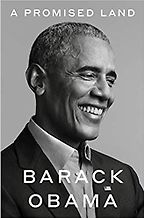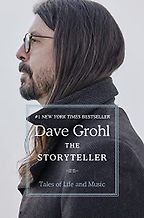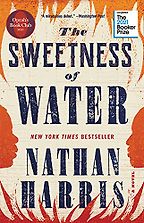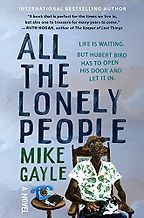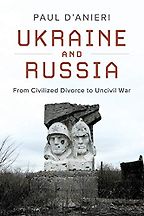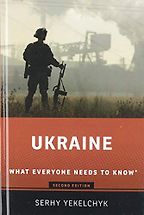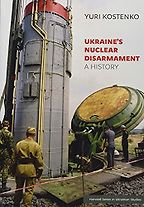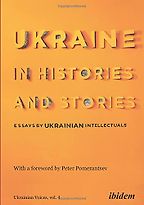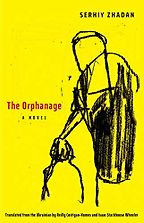Interviewer

Sophie Roell, Editor
Sophie Roell is co-founder and editor of Five Books. Previously she worked as a journalist in London, Beijing, Shanghai and New York. As a financial reporter, she covered the early years of the Chinese stock markets and the transition of its economy after Deng Xiaoping’s 1992 tour of the south. She wrote about the North Korean economy from Pyongyang in 2001.
She studied modern history as an undergraduate at Oxford and, after travelling the world as a reporter for five years, took the Master’s in Regional Studies-East Asia at Harvard University. This wonderfully flexible program insists on at least one East Asian language and some courses on East Asia, but leaves plenty of room to roam about the university taking courses on random subjects. Five Books, set up in 2009, is an attempt to continue that experience.
Below, you’ll find Sophie’s Five Books interviews with experts. Her own recommendations, normally nonfiction, are here. She also reads a lot of mysteries.
Interviews by Sophie Roell
The best books on Venice, recommended by Matthew Rice
Venice once ruled an empire that stretched across the eastern Mediterranean, but by the early modern period was already evolving into a city whose greatest claim to fame was as a tourist destination. Here Matthew Rice, author and illustrator of Venice: A Sketchbook Guide, recommends books to read about Venice and its history and architecture, as well as a couple of crime thrillers to read while you’re there.
-

1
The European Miracle: Environments, Economies and Geopolitics in the History of Europe and Asia
by E L Jones -

2
The Great Divergence: China, Europe, and the Making of the Modern World Economy
by Kenneth Pomeranz -

3
The Lever of Riches: Technological Creativity and Economic Progress
by Joel Mokyr -

4
Guns, Germs and Steel
by Jared Diamond -

5
How the World Became Rich: The Historical Origins of Economic Growth
by Jared Rubin & Mark Koyama
The best books on The Great Divergence, recommended by Davis Kedrosky
The best books on The Great Divergence, recommended by Davis Kedrosky
After a slow start, why did northwest Europe move ahead of the rest of the world in the early modern period and establish an economic dominance whose effects are felt to this day? Davis Kedrosky, a student at Berkeley and publisher of the economic history newsletter, Great Transformations, introduces ‘the Great Divergence’ and suggests some books that get to the heart of the question.
-

1
Moral Capital
by Christopher Leslie Brown -

2
The Scout Mindset: Why Some People See Things Clearly and Others Don't
by Julia Galef -

3
The Precipice: Existential Risk and the Future of Humanity
by Toby Ord -

4
Superforecasting: The Art and Science of Prediction
by Dan Gardner & Philip E Tetlock -

5
The Life You Can Save
by Peter Singer
The best books on Longtermism, recommended by Will MacAskill
The best books on Longtermism, recommended by Will MacAskill
There is so much suffering in today’s world it’s hard to focus attention on future generations, but that’s exactly what we should be doing, says Will MacAskill, a leader of the effective altruism movement. Here, he introduces books that contributed to his thinking about the long-term future and the “silent billions” who are not yet able to speak for themselves.
The Best Puzzle Books, recommended by A. J. Jacobs
In a quest to solve every puzzle imaginable, bestselling author A. J. Jacobs came across a lot of books. Here, he recommends some of his favourites, from logic puzzles to treasure hunts, from codebreaking to the biggest puzzle of them all—why we’re here.
-

1
Language, Thought, and Reality
by Benjamin Lee Whorf -

2
The Myth of the Framework: In Defence of Science and Rationality
by Karl Popper -

3
The Beginning of Infinity: Explanations That Transform the World
by David Deutsch -

4
Not Born Yesterday: The Science of Who We Trust and What We Believe
by Hugo Mercier -

5
The Scout Mindset: Why Some People See Things Clearly and Others Don't
by Julia Galef
The best books on Language and Post-Truth, recommended by Nick Enfield
The best books on Language and Post-Truth, recommended by Nick Enfield
The word ‘post-truth’ may only have entered the Oxford English Dictionary in the last decade, but the phenomenon it describes is much older and deeper, connected not so much to the latest internet trend as the fundamentals of human cognition and communication. Here, linguistic anthropologist Nick Enfield, a professor at the University of Sydney and a member of its fighting truth decay research node, introduces the best books to get thinking about the complex relationship between language and reality.
-

1
The Hour of Fate: Theodore Roosevelt, J.P. Morgan, and the Battle to Transform American Capitalism
by Susan Berfield -

2
The Curse of Bigness: Anti-Trust in the New Gilded Age
by Tim Wu -

3
Antitrust: Taking on Monopoly Power from the Gilded Age to the Digital Age
by Amy Klobuchar -

4
The Great Reversal: How America Gave up on Free Markets
by Thomas Philippon -

5
The Profit Paradox: How Thriving Firms Threaten the Future of Work
by Jan Eeckhout
The best books on Market Concentration, recommended by Jan Loeys
The best books on Market Concentration, recommended by Jan Loeys
Power corrupts and corporate power is no exception: its effects are bad for consumers, bad for workers and bad for the economy. Here, Belgian American economist Jan Loeys recommends books that look at the economic and political implications of ‘market concentration,’ and explains why we don’t need governments that are pro-business but ones that are pro-market.
-

1
Wildlife of Madagascar
by Keith Barnes & Kenneth Behrens -

2
Lost People: Magic and the Legacy of Slavery in Madagascar
by David Graeber -

3
Vanilla Landscapes: Meaning, Memory, and the Cultivation of Place in Madagascar
by Sarah Osterhoudt -

4
A World Like Our Own: Man and Nature in Madagascar
by Alison Jolly -

5
Conservation and Environmental Management in Madagascar
by Ivan Scales (editor)
The best books on Madagascar, recommended by Alison Richard
The best books on Madagascar, recommended by Alison Richard
With its range of unique wildlife, Madagascar has been likened to a floating evolutionary laboratory. To Yale biological anthropologist Alison Richard, it’s simply a magical place. Here, she recommends five books on the island she has visited for the past five decades and explains why she wrote her own book, The Sloth Lemur’s Song.
-

1
Death in Spring
by Mercè Rodoreda, Martha Tennent (translator) -

2
Learning to Talk to Plants
by Marta Orriols, Mara Faye Lethem (translator) -

3
The Art of Wearing a Trench Coat
by Sergi Pàmies, Adrian Nathan West (translator) -

4
Permafrost
by Eva Baltasar & Julia Sanches (translator) -

5
When I Sing, Mountains Dance
by Irene Solà & Mara Faye Lethem (translator)
The Best Catalan Fiction, recommended by Gala Sicart
The Best Catalan Fiction, recommended by Gala Sicart
For a long time, Catalan fiction was eclipsed by books in Spanish but these days it’s flourishing, says translator and editor Gala Sicart. Here, she recommends four of the best contemporary Catalan novels and one book of short stories, from the classic Mercè Rodoreda to her 21st-century equivalent.
The Best Audiobooks: the 2022 Audie Awards, recommended by Michele Cobb
The movie industry has the Oscars to celebrate its achievements, but if you love audiobooks, you’ll be more interested in the Audies. Here Michele Cobb, Executive Director of the Audio Publishers Association, talks us through the 2022 shortlist for ‘audiobook of the year,’ as well as one of her favourite books from the fiction category.
-

1
Ukraine and Russia: From Civilied Divorce to Uncivil War
by Paul D'Anieri -

2
Ukraine: What Everyone Needs to Know
by Serhy Yekelchyk -

3
Ukraine’s Nuclear Disarmament: A History
by Yuri Kostenko -

4
Ukraine in Histories and Stories: Essays by Ukrainian Intellectuals
-

5
The Orphanage: A Novel
by Serhiy Zhadan
The best books on Ukraine and Russia, recommended by Serhii Plokhy
The best books on Ukraine and Russia, recommended by Serhii Plokhy
Thousands of people have been killed since 2014 in the ongoing conflict between Russia and Ukraine, in a war that has been rife with disinformation, misleading narratives and false flag operations. Here Serhii Plokhy, Professor of Ukrainian History at Harvard University, recommends books to better understand the conflict, from an introductory work by an eminent historian to the latest work of some of Ukraine’s leading novelists.
